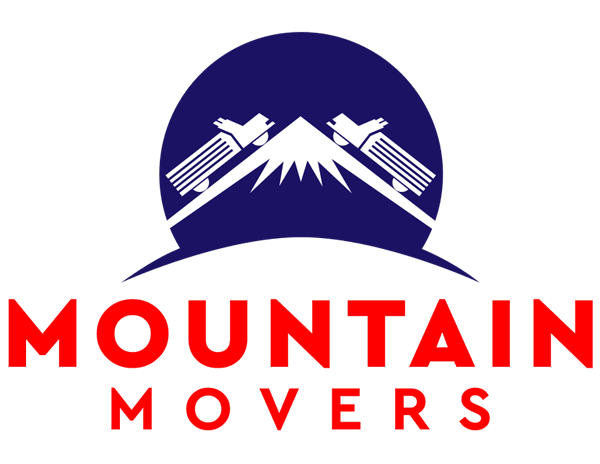Understanding the cost of packing services helps you plan your moving budget more effectively. Moving can be expensive, so knowing what to expect saves you from surprise charges. Professional packing experts provide detailed estimates that break down all fees and services included in your package.
This guide explains the different costs involved in hiring packing services. We’ll cover material costs, labor charges, extra services, and ways to save money on your next move.
Average Cost of Packing Materials
Packing materials make up a big part of your moving costs. Boxes, tape, bubble wrap, and packing paper are must-haves for protecting your belongings. Quality matters here, cheap materials might save money upfront but could cost more if items get damaged. Expect to spend more on materials if you have fragile or oddly shaped items. Most people need more materials than they first think, so buy extra to avoid last-minute shopping trips.
Labor Charges for Packing Services
Most packing companies charge by the hour for each worker. Rates typically run $25 to $35 per hour per person. The total depends on the number of items and the complexity of the job.
Packing fragile items or unusual objects requires more time and is more expensive. Some companies offer flat rates for standard jobs, which can help you budget better. Always ask about potential extra fees before hiring anyone.
Additional Services and Fees
Many packing companies offer extra services that cost more but add convenience:
- Custom Crating: Special boxes for fragile or valuable items
- Furniture Disassembly/Assembly: Taking apart and putting together furniture
- Specialty Item Handling: Extra care for delicate or oversized items
- Storage Solutions: Short-term or long-term storage for your belongings
These services can make your move easier but will increase your bill. Consider which ones you truly need before adding them to your package.
Factors Affecting Packing Costs
Several factors influence the cost of hiring packing help. The size of your home matters most – bigger homes mean more items to pack. Fragile items require special care and materials, which are more expensive. Long-distance moves often cost more due to stricter packing requirements.
The level of service you choose also affects price. Full-service packing costs more than partial packing, where you do some work yourself. The time of year and the company’s level of activity can also affect pricing.
Comparison of DIY Vs. Professional Packing
Both options have pros and cons worth considering:
DIY Packing:
- Takes your personal time and energy
- Works well for small moves or when you have plenty of time
- Costs less money but requires learning proper techniques
- Risk of damage if items aren’t packed correctly
Professional packers know how to handle your items safely and work faster than most people. They bring the right materials and have experience with tricky items. DIY packing works if you have a few belongings or need to save money, but be honest about the time and effort involved.
Tips for Saving on Packing Services
You can cut packing costs without sacrificing quality. Start by getting rid of things you don’t need – fewer items mean lower costs. Book services early to get better rates and avoid rush fees. Pack your easy items yourself and let professionals handle the fragile or valuable ones.
Request quotes from several companies to compare prices and inquire about potential discounts. Being flexible with your moving dates might help you get better deals during slower periods.
Other Related Articles:

